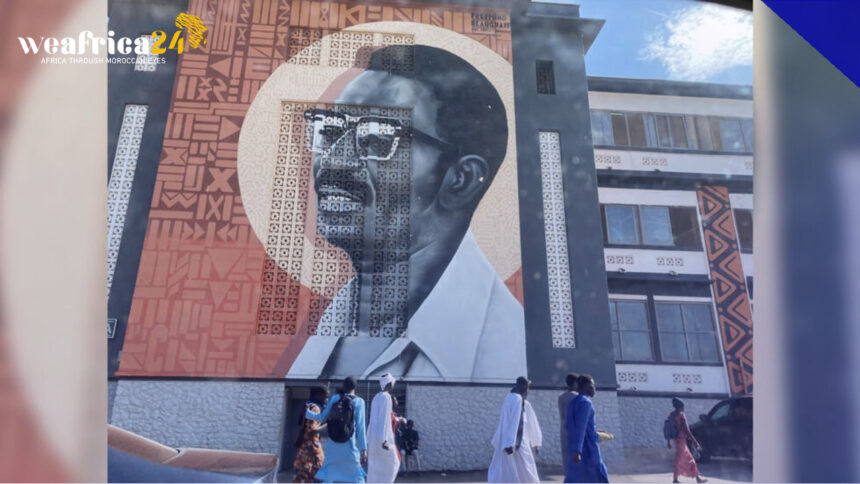In the region of Diourbel, Senegal, on December 29, 1923, Cheikh Anta Diop was born, marking his centennial this year. An eminent historian whose impactful work has significantly shaped perceptions, Diop repositioned the African continent at the heart of universal history. A scientist and Pan-Africanist, Cheikh Anta Diop passed away in 1986, leaving behind writings that continue to be studied to this day.
“At what point can we speak of an African renaissance?” This question, articulated by Cheikh Anta Diop at the age of 24 in 1948, became the guiding theme of his life. The scholar is best known for his two major research areas: the Africanness of ancient Egypt referred to as “Black Egypt” in his works, and the African origins of humanity.
Despite facing criticism during the colonial era, Cheikh Anta Diop, a brilliant student who studied in France, earned his doctorate in 1960. His thesis, “Nations nègres et culture” (Black Nations and Culture), achieved considerable success in bookstores, with Aimé Césaire describing it as “the boldest book a black person has written so far and undoubtedly a factor in the awakening of Africa.”
Upon his return to Dakar in 1961, Diop established a carbon-14 dating laboratory within IFAN, directed by Théodore Monod, where he continued his research until his passing in 1986.
At the time of his death, his ideas about “Black Egypt” and the profound and ancient cultural heritage of Africa were no longer controversial. In March 1987, the University of Dakar was renamed the Cheikh Anta Diop University. While he had become an icon worldwide, it wasn’t until 2016 that President Macky Sall directed the government to “promote among the youth and students the works, teachings, and research of this illustrious son of Senegal.”
The voice of this eminent Senegalese thinker, historian, and politician continues to resonate as he would have turned 100 on December 29, 2023. In 1984, during a conference in Niamey, the capital of Niger, he addressed the local youth questioning the lack of recognition, saying, “Educate yourselves! Arm yourselves with knowledge! With equal education, truth triumphs! Reclaim your cultural heritage.”







